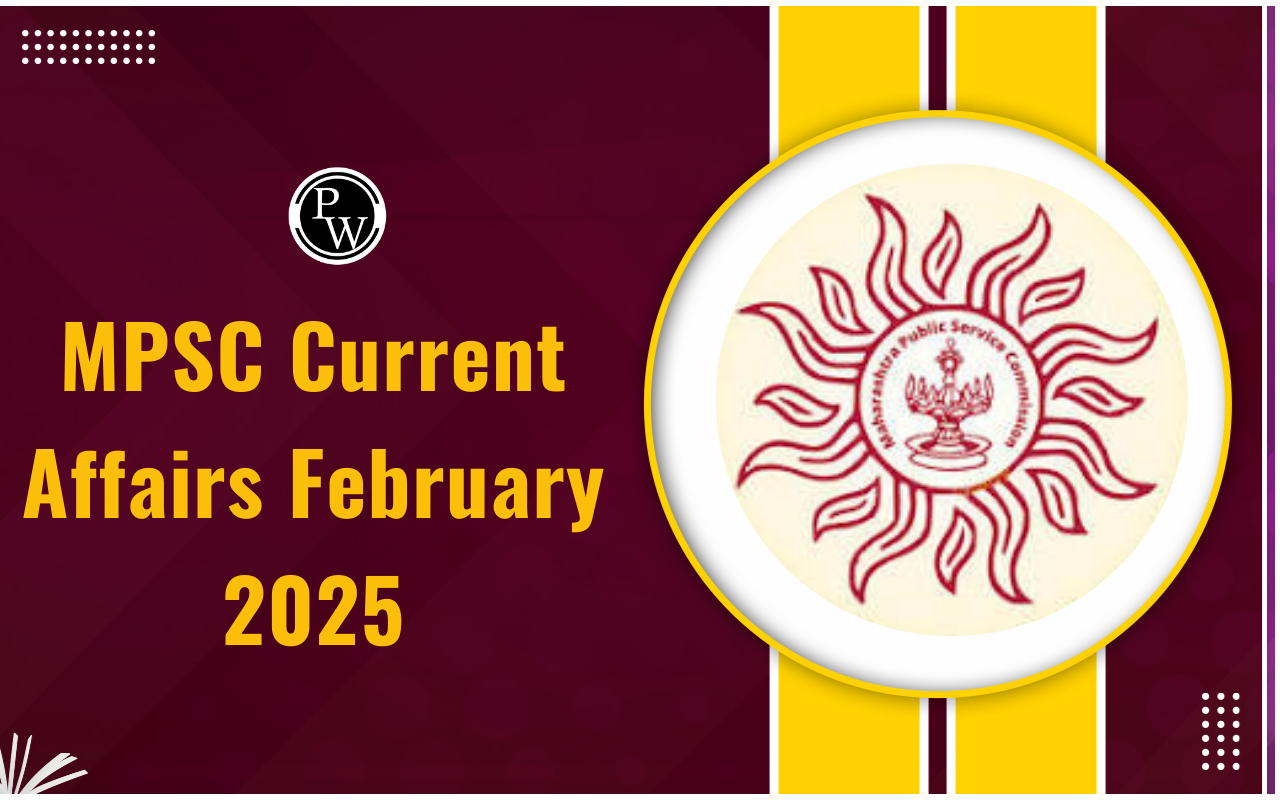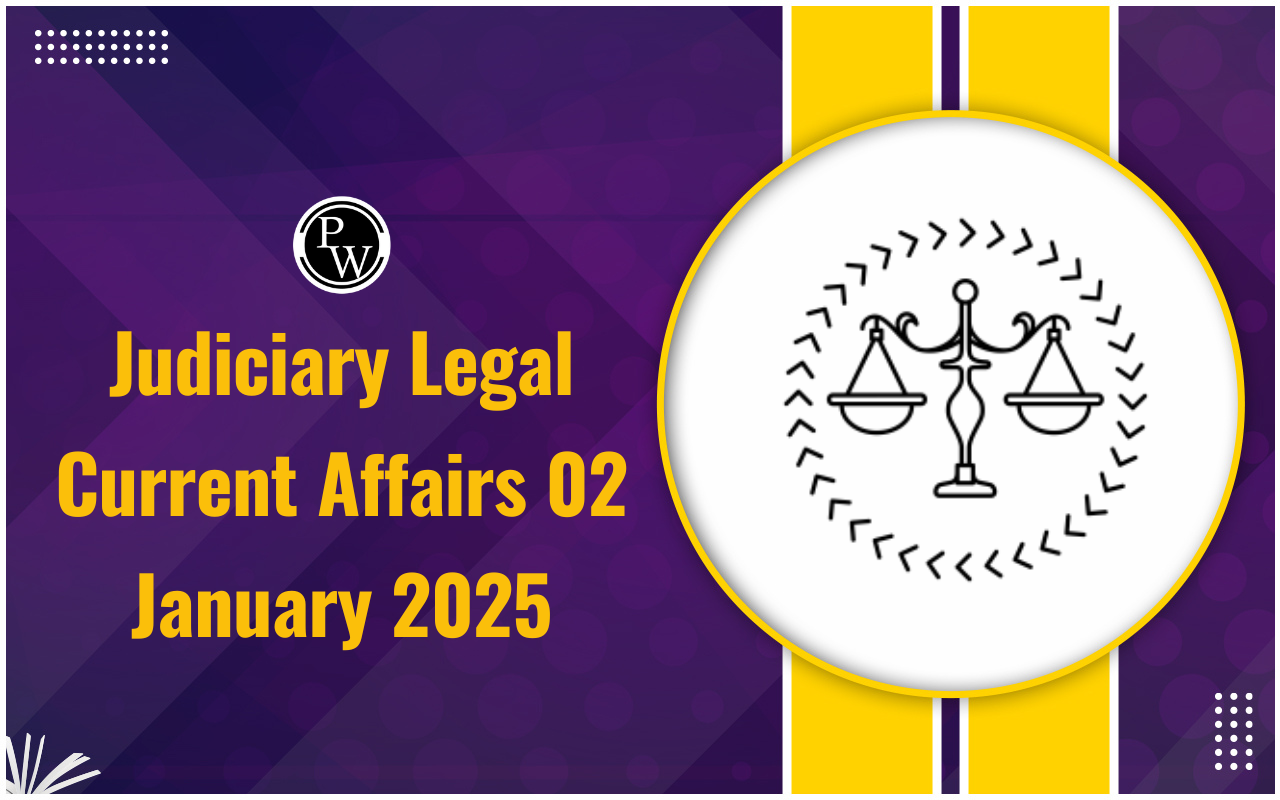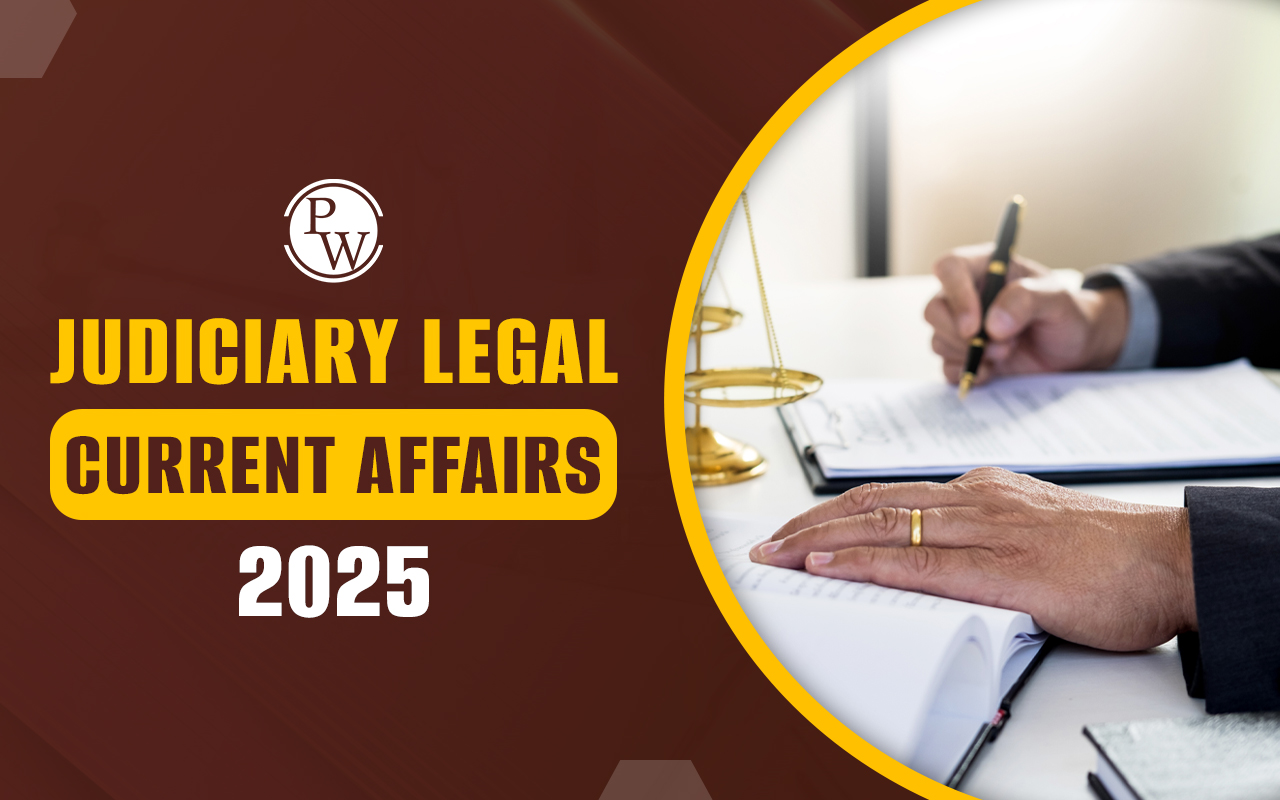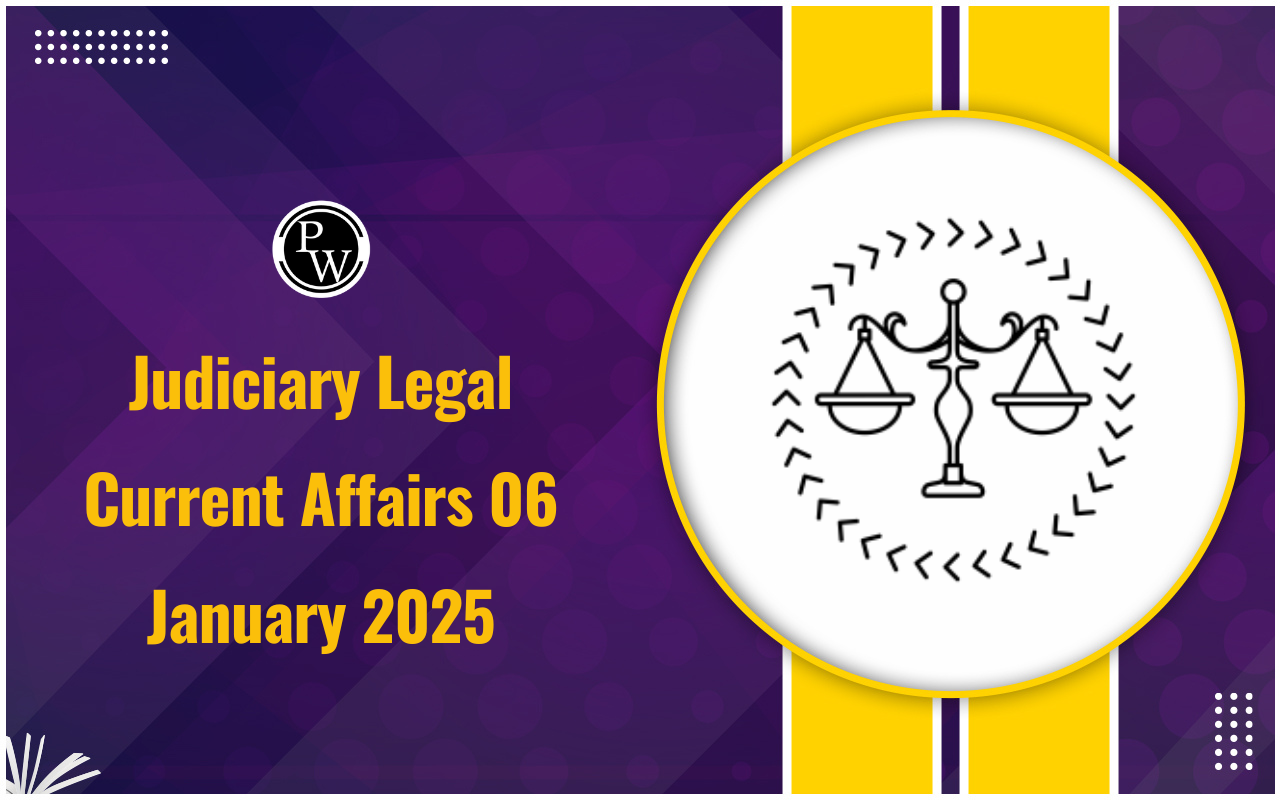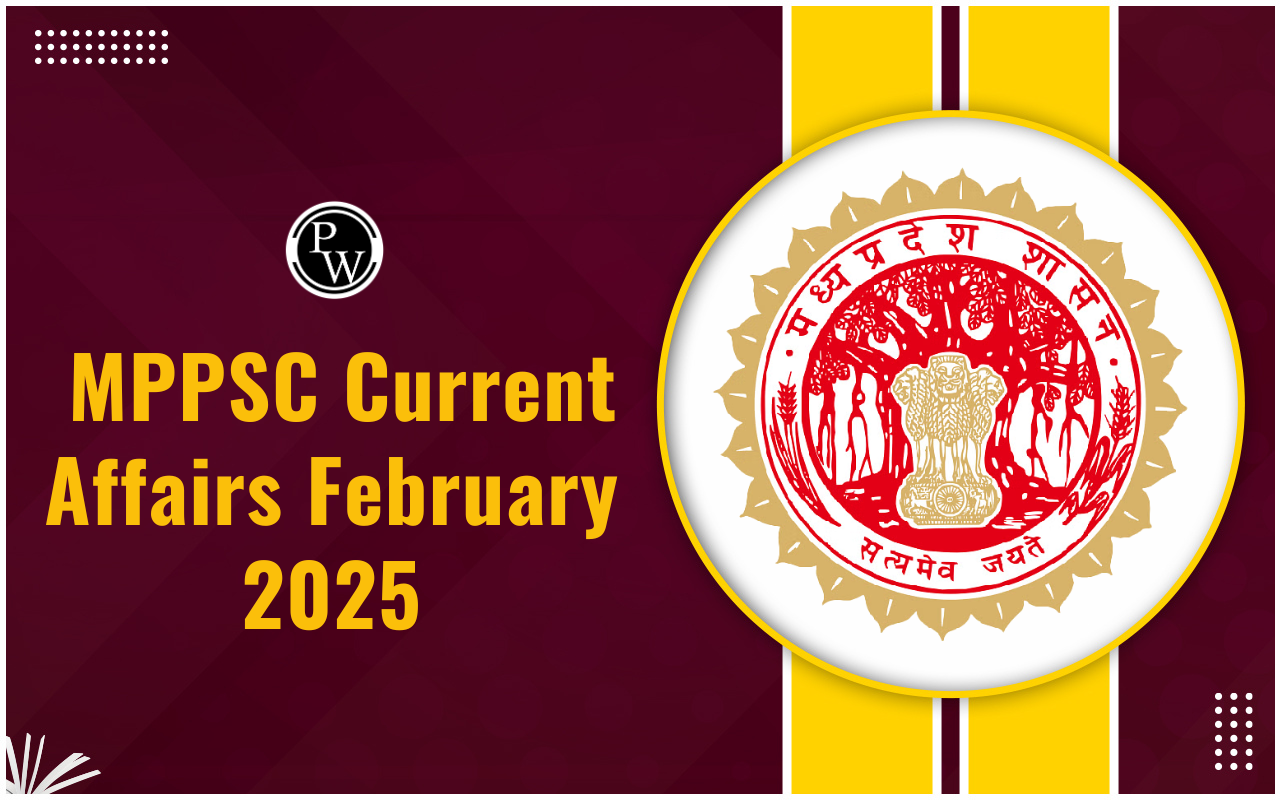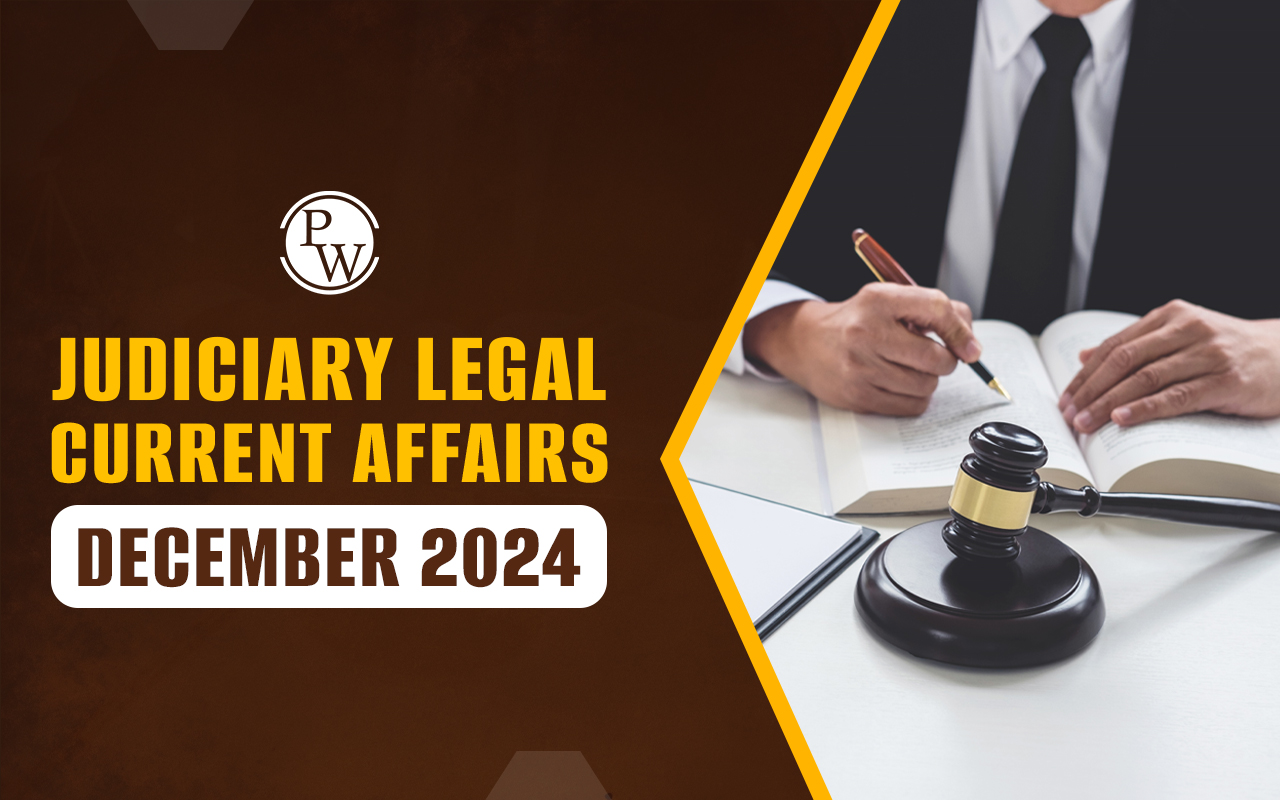
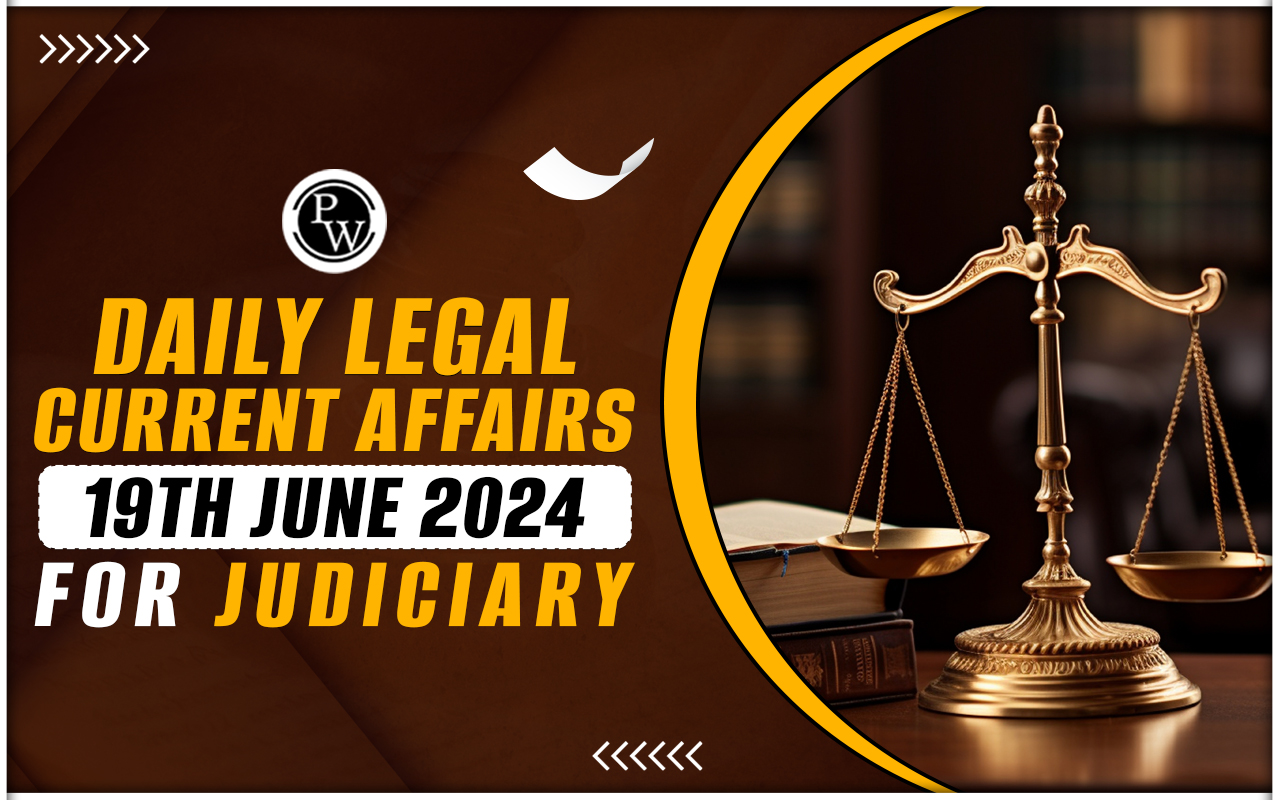
Mrinal Barik v. The State of West Bengal & Ors.
-
- BENCH: Justice Rajasekhar Mantha
- FORUM: Calcutta High Court
- FACTS OF THE CASE
-
-
- A plea was filed by a transgender person who passed the Teachers' Eligibility Test (TET) in 2014 and in 2022 but was not called for the counselling process or interview.
-
- OBSERVATION OF THE COURT
-
-
- Calcutta High Court directed the West Bengal government to ensure 1% reservation for all transgender persons in public employment in the State, in accordance with the Supreme Court's NALSA guidelines.
- In terms of paragraph 135 (3) in the National Legal Service Authority v. Union of India & Ors. (2014) reservation has not yet been made in the State for transgender persons.
- The Court directed the Chief Secretary of the Government of West Bengal to ensure 1% reservation for the category of persons mentioned in the NALSA case in all public employment in the State.
- The policy for reservations for transgender persons as devised by the West Bengal government had not been made in accordance with the Supreme Court's order.
- The Calcutta High Court directed for 1% reservations to be maintained for transgender persons in all public employment in the state and directed the Secretary of the West Bengal Board of Primary Education to arrange for an interview and counselling of the petitioner.
-
- National Legal Service Authority v. Union of India & Ors. (2014)
- The Supreme Court of India carved out reservations for transgender persons to protect their rights under Part III of the Constitution.
-
- The Supreme Court had directed the state and union governments to treat transgender persons as "socially and educationally backward" and extend all kinds of benefits to them including reservations in public employment.
Bhavani Revanna And State of Karnataka
-
- BENCH: Justice Krishna S Dixit
- FORUM: Karnataka High Court
- FACTS OF THE CASE
-
-
- The petitioner is daughter in law of Former Prime Minister. Wife of a member of legislative assembly for decades and mother of a son who had become Member of Parliament. The petitioner is charged with the crime of kidnapping a woman.
- The petitioner's advocate argued that Section 364-A is a cognizable offence, police have power to arrest, why should they go to the court seeking an arrest warrant.
- They could not have issued notice under section 41-A CrPC as sentence on conviction is more than seven years under the section.
- The petitioner had approached the trial court seeking anticipatory bail and on rejection she approached the High Court, that cannot be termed as absconding.
- The Special Public Prosecutor had sought for cancellation of the interim bail order on the ground that the Bhavani Revanna has not been cooperating with the investigation and giving false replies to the questions posed to her.
- The Special Public Prosecutor argued that the anticipatory bail application was not maintainable in view of the non bailable warrant issued against Bhavani Revanna, which is not recalled.
-
- OBSERVATION OF THE COURT
-
- The Karnataka High Court granted anticipatory bail to Bhavani Revanna, Prajwal Revanna's mother, who has been charged with kidnapping a woman.
- The bench noted that though State alleged non-cooperation on her part, Bhavani Revanna had answered all 85 questions put to her.
- "Police should not expect the accused should give answers the way the police want. That is not the law." the bench said.
- The Court prescribed that Bhavani Revanna will not enter the districts of Mysore and Hassan, in any circumstances except for the purpose of investigation.
P Jayachandran v. A Yesuranthinam (Died) and Others
-
- BENCH: Justice RMT Teekaa Raman
- FORUM: Madras High Court
- FACTS OF THE CASE
-
-
- An appeal was filed by Jayachandran who was in a live-in relationship with Margarette Arulmozhi.
- Jayachandran was married to one Stella and had five children from the marriage.
- Jayachandran had executed a settlement deed in favour of Margaret which was unilaterally cancelled following Margarette's death.
- The issue related to possessing a property that Arulmozhi had settled in Margarette's name.
- The trial court held that since Jayachnadran and Margarette's marriage was not converted into a legitimate marriage, the respondent Yesuranthinam, Margarette's father, was entitled to the decree of title.
- The court thus directed Jayachandran to deliver possession of the property. Jayachandran then preferred an appeal against this decision of the trial court.
- On appeal, Jayachandran argued that he had divorced his first wife Stella under customary ways following which he started the relationship with Margarette.
- He also informed that he had executed the settlement deed in favor of Margarette for her security.
- He contended that the trial court failed to notice that Margarette, in her service records, had nominated Jayachandran for pensionary and other service benefits as her husband.
- He added that after Margarette's death, he should have been treated as her husband, and the trial court had erred in treating him only as a living relationship.
-
- OBSERVATION OF THE COURT
-
- Live-in relationship between a married man and an unmarried woman was not one "in the nature of marriage" giving rights to the parties.
- In the absence of any codified law, the live-in partner could not seek any succession or inheritance of the property of the other part.
- The Court refused relief to a man who had entered into a live-in relationship with a woman despite being married.
- The court noted that a relationship in the nature of marriage required that the couple held themselves out in the society akin to spouses, voluntarily cohabited, must be of legal age to marry, and must be otherwise qualified to enter into marriage.
- The court noted that since the man's marriage with his wife still existed at the time of the live-in relationship, the live-in relationship could not be termed as one in the nature of marriage.
- The court noted that, unlike Hindu Marriage Act which also recognized the caste system, the Indian Divorce Act did not recognize any such system nor any customary form of divorce.
- The court thus held that in the absence of recognition of any customary divorce, it could not accept Jayachandran's plea that he had customarily divorced his wife, Stella.
- In the absence of any positive evidence of divorce, the relationship between Jayachandran and Margarette could not loom large into the legal status of husband and wife.
- The Indian Christian Marriage Act recognized the principle of monogamy as per which, his first marriage existed.
- In relation to Jayachandran being nominated as the beneficiary in service records, the court noted that the same would not mean that Jayachandran was the legal heir. Nomination was only a self declaration, the court held that merely because of such description, Margarette could not be called the legally wedded wife of Jayachandran.
Also Check: Daily Legal Current Affairs 17 June 2024 For Judiciary Exams
Ruksar v. State of UP And 3 Others
-
- BENCH: Justice JJ Munir and Justice Arun Kumar Singh Deshwal
- FORUM: Allahabad High Court
- FACTS OF THE CASE
-
-
- An FIR lodged against one Ruksar under Sections 376 and 506 IPC and Sections 3 and 5(1) of the UP Prohibition of Unlawful Religious Conversion Act, 2021.
- The allegation against the petitioner (Ruksar) was that her husband/co-accused (Abdul Rahman), before their marriage, used to stalk the informant (since the year 2022) when she was reading in Class X.
- He would follow her to the temple and college and make friends with her.
- It was also said that once, he called her home and raped her.
- Later on, this became a regular feature.
- After the accused Rahman got married (to petitioner-Ruksar), his brother, Irfan, started stalking the informant. He made friends with the informant. They put the informant in fear of losing her reputation and spoiling her life, and Irfan also raped her.
- The allegation against the petitioner (Ruksar) was that she suggested to the informant that she better convert to Islam and marry Irfan (the younger brother of her husband).
- Allegedly, on March 30, 024, all the accused, acting in a conspiracy, called the informant over to their place on the pretext of meeting her where she was raped.
- As per the allegations, after this ordeal, the accused put her on board a train bound for Karvi and at the Karvi Station, Rahman received the informant and took her to his place, where he raped her through the night.
- He allegedly threatened her with death and told her that if she disclosed anything to anyone, all her family would be put to death.
- It was argued by the petitioner's counsel that the allegation of raping the victim was against the men-accused and not the petitioner, who is a woman.
- It was also submitted that the allegations against the petitioner are limited to an offence under the Act of 2021 as she (allegedly) only wanted the prosecutrix to marry her husband's younger brother and do so after conversion to Islam.
-
- OBSERVATION OF THE COURT
-
- UP Anti-Conversion Law, enacted in 2021, will fail to achieve its intended purpose if the courts frequently interfere with prosecutions under the Act at their initial stage.
- The Act of 2021 is a new statute which has been enacted by the legislature to curtail a prevailing malady in society. If there is frequent interference with prosecutions at the initial stage under the Act of 2021, the legislation which is still young and designed to curtail a mischief in society that is rife it would be bogged down and fail to achieve its purpose.
- The Court, considering the allegations in the FIR and the fact that there is also an attempt to convert the petitioner, which is prohibited under the Act of 2021, the Court did not find it a fit case to grant relief to the accused.
Also Check: Daily Legal Current Affairs 12 June 2024
Lendup Lepcha v. State of Sikkim
-
- BENCH: Justice Meenakshi Madan Rai And Justice Bhaskar Raj Pradhan
- FORUM: Sikkim High Court
- FACTS OF THE CASE
- The petition was filed by the appellant against his conviction under Section 5(m) and Section 5(l) of the POCSO Act by the Special Trial Court for aggravated penetrative sexual assault on a child below twelve years. ‘
-
-
- The victim of six years of age was sexually assaulted by the appellant seven times at different places.
- The victim's mother had witnessed the last incident of sexual assault at her residence on 04.06.2022.
- The mother had thrown the victim's underwear and had bathed the victim after the incident.
- The first information report (FIR) was lodged on 12.06.2022 and the victim gave her statement to the Magistrate under Section 164 Cr.PC on 21.06.2022.
-
- OBSERVATION OF THE COURT
-
- The Sikkim High Court has upheld a conviction under the Protection of Children from Sexual Offences Act, 2012 (POCSO Act) stating that the victim's deposition during the trial was truthful and consistent with her statement recorded by the Magistrate under Section 164 of the Code of Criminal Procedure, 1973 (CrPC).
- The High Court noted that during the trial, the victim described the act of sexual assault with absolute certainty in spite of her tender age.
- It considered the victim's statement recorded by the Magistrate and her deposition in Court to be consistent.
- The Court considered the victim's statement as cogent and truthful, corroborated by the prosecution and medical evidence. Thus, it upheld the Trial Court's decision in convicting the appellant
Daily Legal Current Affairs Practice Question 19 June 2024 For Judiciary Exams
Q1) Under Section 164 of the Code of Criminal Procedure, 1973:
(a) Only the statement of a person produced by the police or investigation agencies can be recorded. (b) Statements of the person approaching the Magistrate independently can be recorded. (c) The statement made need not be voluntary. (d) The police officer is authorized to record the statement. Ans. (a)Q2) As per Section 41A (1) of CrPC as inserted by the Code of Criminal Procedure (Amendment) Act, 2008 (5 of 2009) the Police Officer shall issue a notice directing the alleged accused though he has committed a cognizable offence, to appear before him or at such other place as specified in notice in all the cases where the arrest of a person is not required under the:
(a) provisions of sub-section (1)(a) of section 41 (b) provisions of sub-section (1)(b) of section 41 (c) provisions of sub-section (1)(c) of section 41 (d) provisions of sub-section (1) of section 41 Ans (d)Q3) Under Section 376 of IPC ‘Whoever, commits rape on a woman under sixteen years of age shall be punished with’
- Rigorous imprisonment for a term which shall not be less than twenty years, but which may extend to imprisonment for life
- Rigorous imprisonment for a term which shall not be less than ten years, but which may extend to imprisonment for life
- Rigorous imprisonment for a term which shall not be less than seven years, but which may extend to ten years.
- Rigorous imprisonment for a term which may extend to twenty years.
Q4) Penetrative Sexual Assault comes under the category of Aggravated Penetrative Sexual Assault when:
- A public servant commits penetrative sexual assault on a child.
- Penetrative sexual assault is committed on the child more than once or repeatedly.
- Penetrative sexual assault is committed on a child below twelve years.
- All of the above
Q5) Punishment for criminal intimidation is provided under ____________ of the Indian Penal Code, 1860
- Section 505
- Section 506
- Section 507
- Section 508
Judiciary Exam Current Affairs FAQs
How many months of current affairs is required for a Judiciary Exam?
Where can I study current affairs for the Judiciary?
How can I prepare for Judiciary current affairs?




